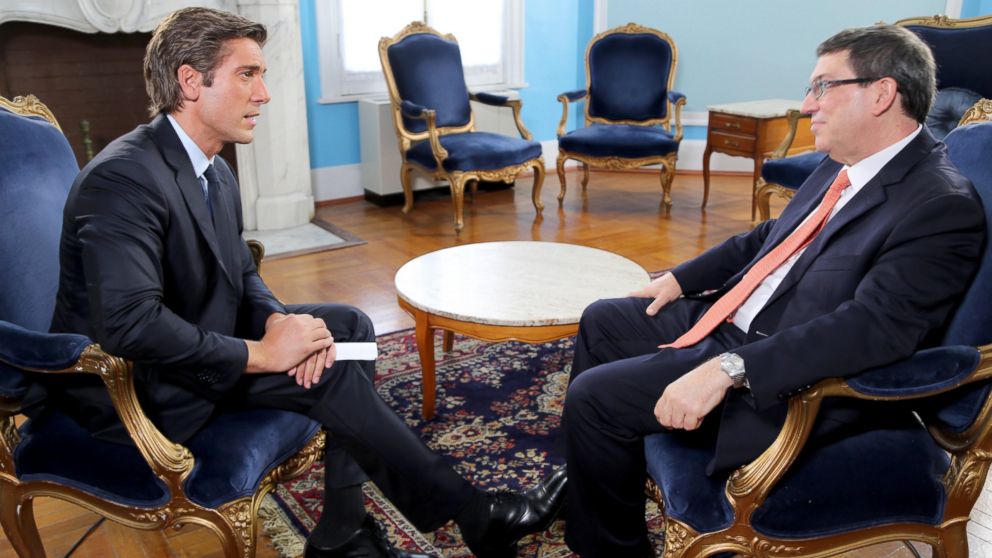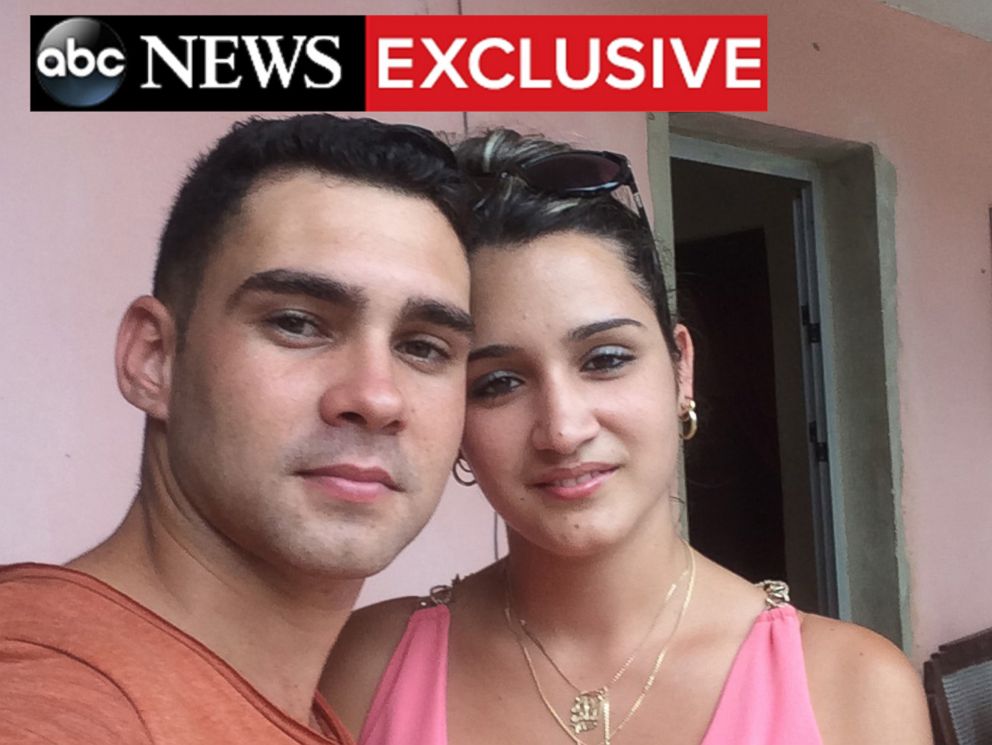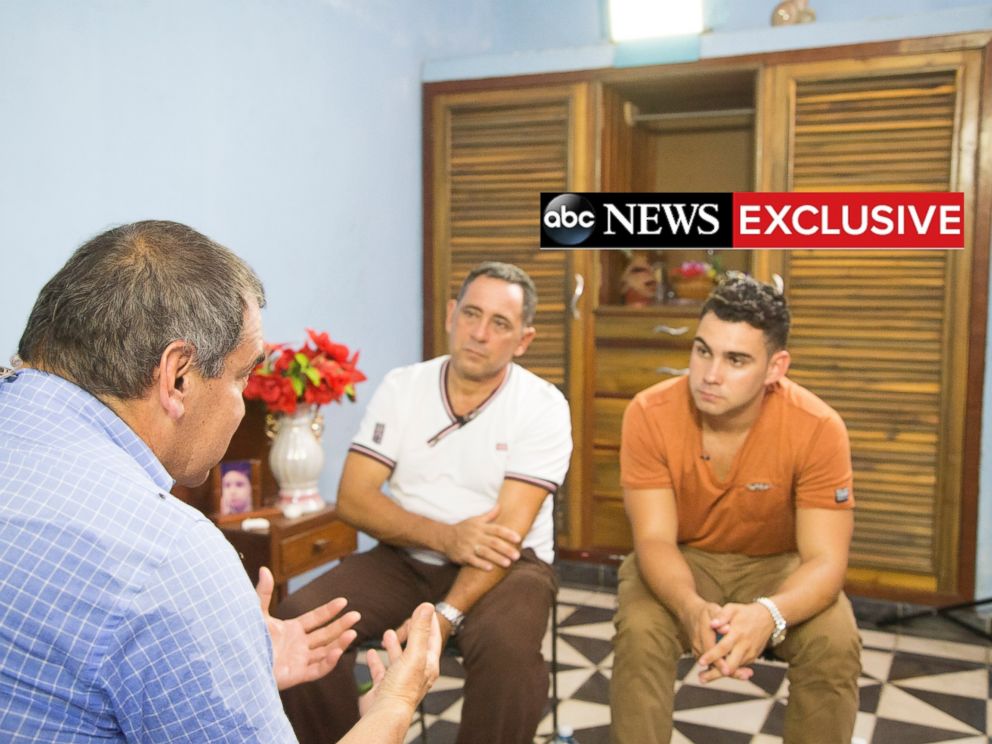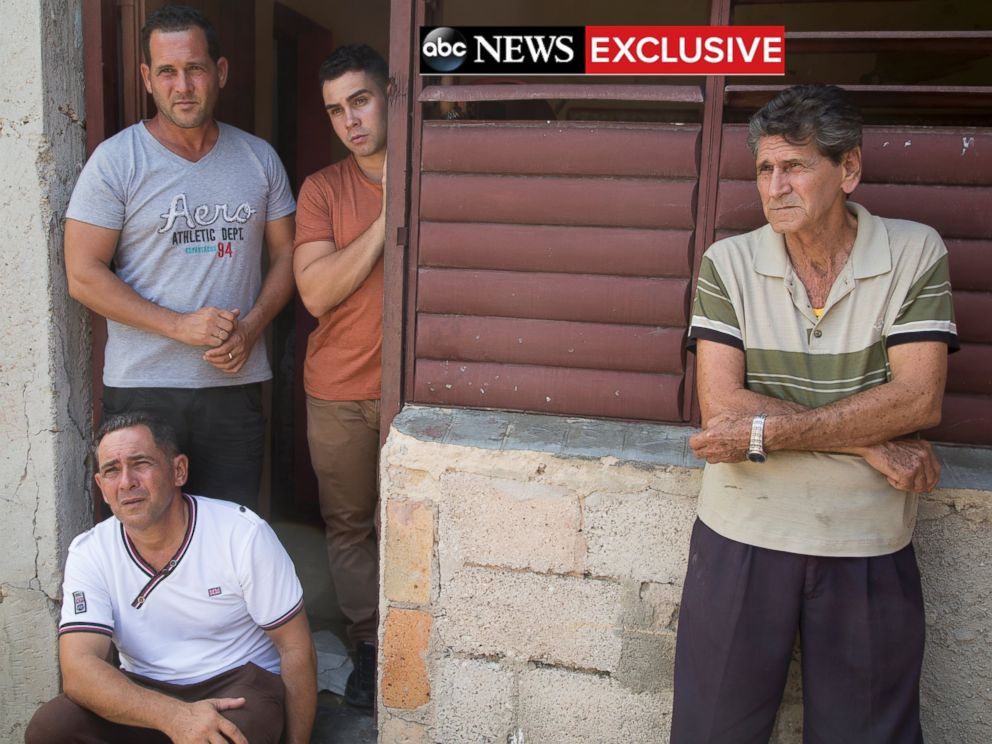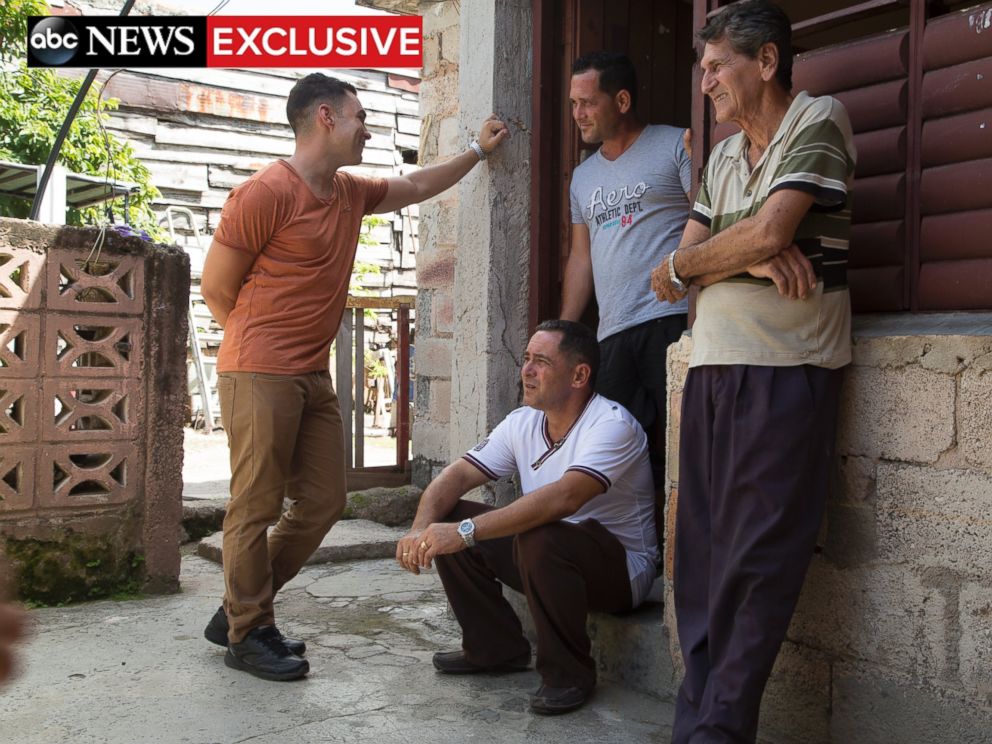Exclusive: Cuba's Foreign Minister Talks With David Muir About Historic "New Chapter" in Relations
Today’s historic restoration of diplomatic relations between Cuba and the United States represents the start of a new chapter, Cuba’s Foreign Minister Bruno Rodriguez told ABC News’ David Muir in an exclusive interview today.
“We just reopened diplomatic relationship on both embassies, and it could be an opportunity for... the normalization of a bilateral relationship,” Rodriguez said as he sat with Muir inside the Cuban embassy in Washington D.C.
Earlier today Rodriguez oversaw the Cuban flag being raised there for the first time in more than half a century.
"This flag has been waiting 54 years for this — for this special moment,” Rodriguez told Muir. “And I remember that then President Fidel Castro first visit to Washington — in 1959, and visit in this specific room, I can imagine his soul on this special [day].”
Former President Fidel Castro’s visit to the United States immediately preceded the severing of relations and today’s visit by Rodriguez to the State Department was the first visit by a Cuban foreign minister since 1958.
In a joint press conference with Rodriguez and Secretary of State John Kerry, both diplomats cautioned there is still a lot of work to be done.
“Make no mistake, the process of fully normalizing relations between the United States and Cuba will go on,” Kerry said. “It may be long and complex, but along the way, we are sure to encounter a bump here and there, and moments even of frustration. Patience will be required. But that is all the more reason to get started now on this journey — this long overdue journey.”
Rodriguez even suggested that the U.S. needed to leave its post inside Cuba at the Guantanamo Bay Naval Base and that the U.S. is responsible for compensating the Cuban people for economic losses due to the ongoing embargo.
“We have insisted that the total lifting of the blockade is essential to move on towards the normalization of relations, of bilateral relations, as well as the return of the illegally [seized] territory of Guantanamo as well as the full respect for the Cuban sovereignty as well as the compensation to our people for human and economic damages,” Rodriguez said.
Secretary Kerry also announced that he plans to travel to Havana to raise the American flag in front of the Havana embassy on Aug. 14. The White House has also raised the possibility that President Obama could travel there in the near future. Rodriguez told Muir that President Obama would be "really welcomed in Havana city."
But will President Raul Castro visit the United States? "I'm sure, but I — I don't know when," Rodriguez told Muir. "I know no plans about President Castro to visit Washington. But I hope that it could be possible in the future."

